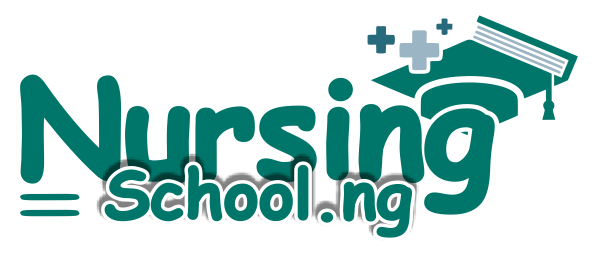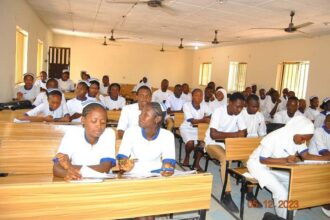Basic Midwifery is a three-year nursing and midwifery training program designed to prepare students with the knowledge, skills, and practical experience required to care for women during pregnancy, childbirth, and the postpartum period.
This program is approved and regulated by the Nursing and Midwifery Council of Nigeria (NMCN) and similar governing bodies in other regions. It equips learners with both theoretical knowledge and hands-on clinical practice in areas such as antenatal care, safe delivery, newborn care, and maternal health education. Graduates of Basic Midwifery become Registered Midwives (RM), qualified to provide essential maternal and child health services in hospitals, clinics, and communities.
Basic Midwifery Examples/Applications:
- Assisting expectant mothers with antenatal check-ups.
- Supporting safe labor and delivery in both hospital and community settings.
- Providing postpartum care, including breastfeeding guidance and newborn assessments.
- Educating women on reproductive health and family planning.
Basic Midwifery Career Opportunities
Graduates of Basic Midwifery have multiple career paths, including:
- Hospital Midwife – providing maternal care in government or private hospitals.
- Community Health Midwife – working in rural and urban health centers to support safe deliveries.
- Maternity Clinic Midwife – managing antenatal and postnatal services.
- NGO/International Health Worker – joining organizations that focus on maternal and child health.
- Further Studies – advancing into specialized midwifery, public health, or nursing degree programs.
Key Takeaway
Basic Midwifery is a foundational training pathway for those who want to build a career in maternal and child healthcare, ensuring safer pregnancies and healthier communities.
Frequently Asked Questions (FAQs) About Basic Midwifery
What is the difference between Basic Midwifery and Nursing?
- Basic Midwifery focuses specifically on maternal and child health, including pregnancy, childbirth, and postpartum care. General Nursing covers a wider scope of patient care across all ages, illnesses, and healthcare needs.
Who is eligible to study Basic Midwifery in Nigeria?
- Most institutions require candidates to have at least five credits in relevant science subjects (English, Mathematics, Biology, Chemistry, and Physics) at not more than two sittings in WAEC, NECO, or NABTEB.
How long does Basic Midwifery training take?
- The program usually lasts three years, combining classroom learning with clinical practice.
Can a Basic Midwife further her education?
- Yes. After becoming a Registered Midwife, graduates can pursue higher degrees in nursing, public health, or specialized midwifery programs.
What jobs can a Basic Midwife do after graduation?
Basic Midwives can work in hospitals, maternity clinics, community health centers, NGOs, and international organizations that focus on maternal and child health.









